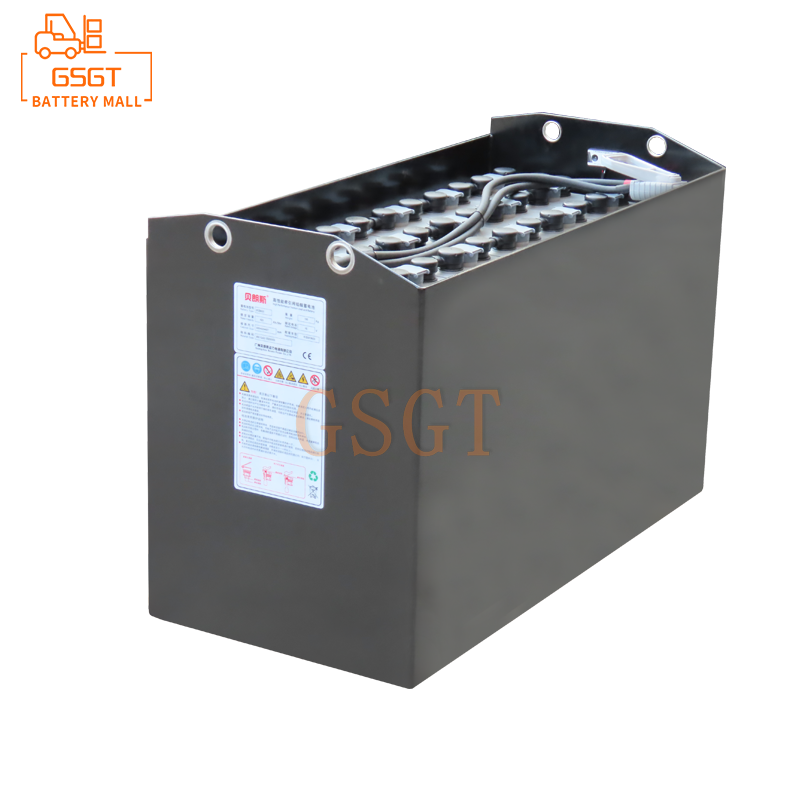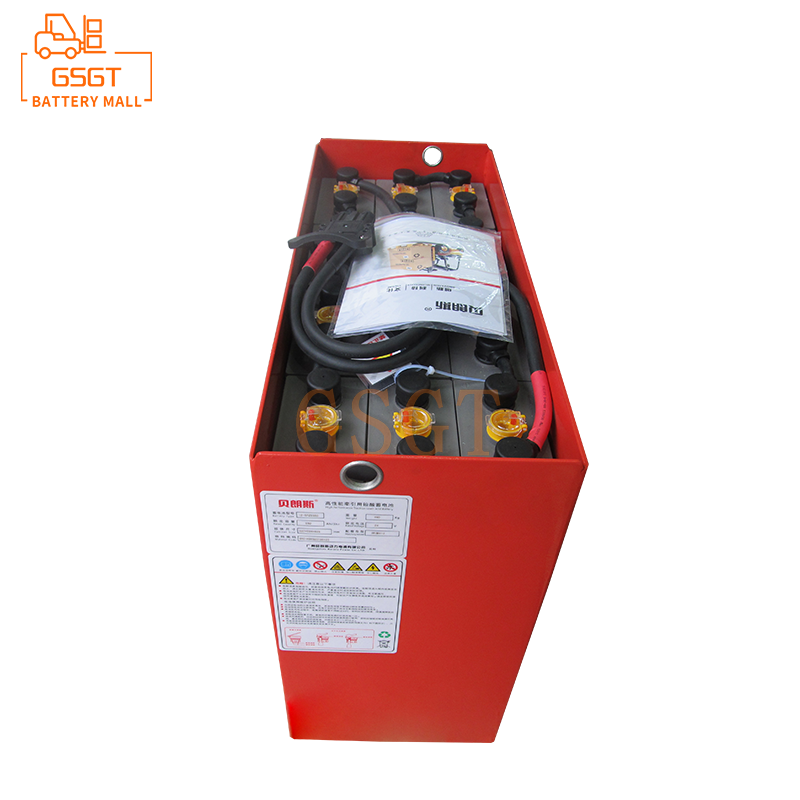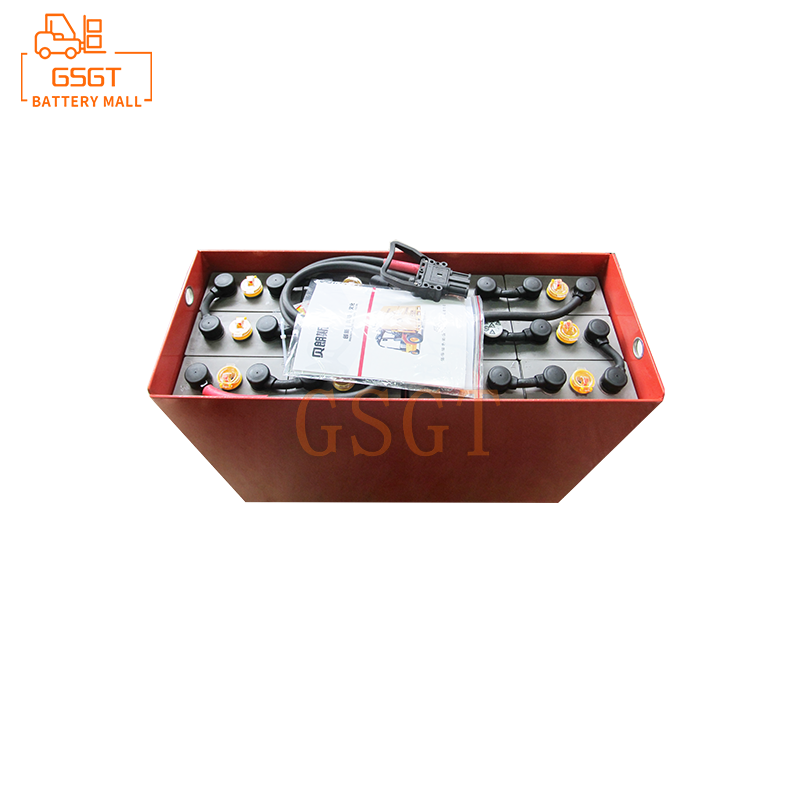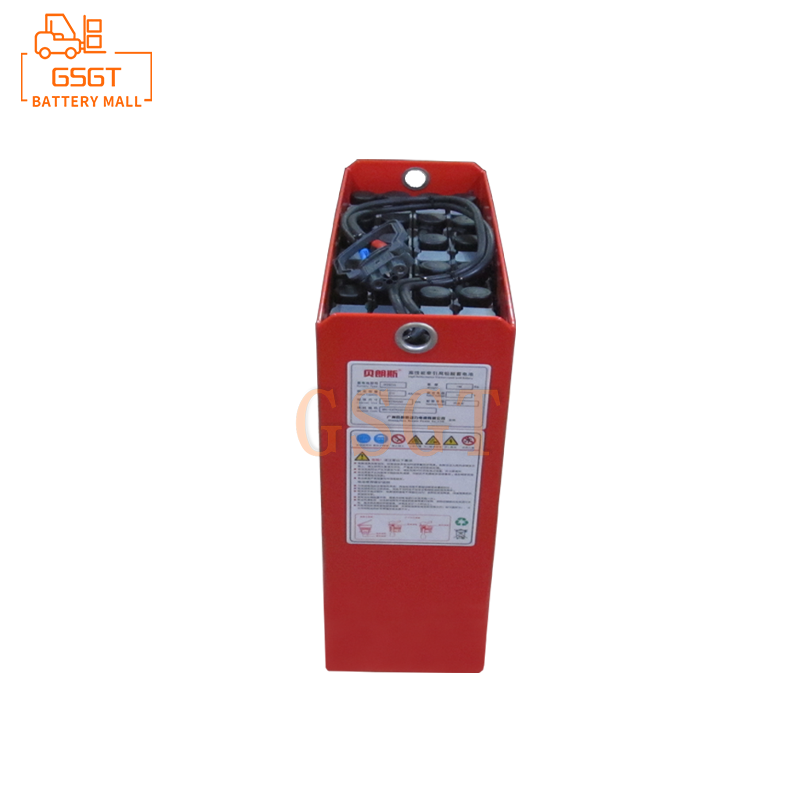Time:2025-03-05 11:17:52
Browse:316
In a lead-acid battery industrial park, a piece of lead-acid battery marked with a barcode is entering the shared circulation network through an intelligent sorting system. The world's largest lead-acid battery production base has more than 200,000 batteries a day to achieve full life cycle management through the Internet of Things system, showing a vivid picture of the digital transformation of traditional industries. The lead-acid battery sharing economy is breaking through the inherent cognitive boundaries and reconstructing the energy service ecology with a circular lease model.
First, the traditional model breakthrough: the value of lead-acid batteries awakening
More than 8 million tons of used lead-acid batteries are produced worldwide each year, and traditional recycling systems can only handle 65% of the stock. The shared lease model uses blockchain traceability technology to increase the recovery rate of lead-acid batteries to more than 98%. Through battery sharing service on a certain platform, the annual cost of electric motorcycle users has been reduced by 40%. This model not only solves the waste of resources caused by idle batteries, but also creates an environmental benefit of 1.5 tons of CO₂ emission reduction per ton of lead recycling.
The sharing transformation of lead-acid battery needs to break through the technical bottleneck. The integration of intelligent BMS system and LBS positioning technology enables the battery health monitoring accuracy to reach 95%. The battery bank project of Zhengzhou Yutong Bus has increased the efficiency of battery packs by 30% through dynamic capacity detection technology. These technological innovations are reshaping the value evaluation system of lead-acid batteries.
Second, sharing network construction: the ecological revolution enabled by the Internet of Things
The nerve center of the shared battery network is the distributed energy management system. A shared battery platform in Shenzhen has built a city-level energy service network by deploying 2,000 smart power change cabinets. Each node uploads 32 operating parameters in real time, and the system dynamically allocates battery resources according to the peak and valley of power consumption, so that the device utilization rate jumps from 45% to 82%.
In terms of operating model innovation, battery as a Service (BaaS) is giving rise to new partnerships. Shandong Chaowei Group launched the "kilowatt-hour lease" model, users pay according to the actual electricity consumption, and battery maintenance costs fell by 28%. This consumption concept of "regardless of assets" is reconstructing the transformation path of manufacturing services.
Third, circular economy closed loop: paradigm shift from products to services
The establishment of the whole life cycle management system has increased the residual value of lead-acid batteries by more than 50%. The reverse logistics system developed by Green Mei enables the battery to trace the whole process from production, leasing, recycling to remanufacturing. Through gradient utilization technology, retired batteries of electric passenger vehicles can continue to serve the energy storage field for 5 to 8 years.
Business model innovation shows a diversified trend, the company launched the "battery subscription system" service, the user's monthly payment includes insurance, maintenance and replacement services, and the customer retention rate has increased to 75%. This service-oriented transformation is changing the way value is created in traditional manufacturing.
The lead-acid battery sharing economy reveals a profound industrial law: in the era of digital economy, any physical product may be transformed into a service entry. This transformation not only brings innovation in business models, but also gives birth to new possibilities for the democratization of energy. When every battery becomes an iot node, the traditional energy system is undergoing decentralized restructuring. This silent revolution may be the key leap from the concept of circular economy to practice. In the future, when battery sharing networks are deeply integrated with renewable energy microgrids, we will witness the birth of a new ecology of more efficient and sustainable energy services.

$2450

$1310

$1500

$1200

MESSAGE
Professional And Efficient
Security
Affordable Price
Professional Services